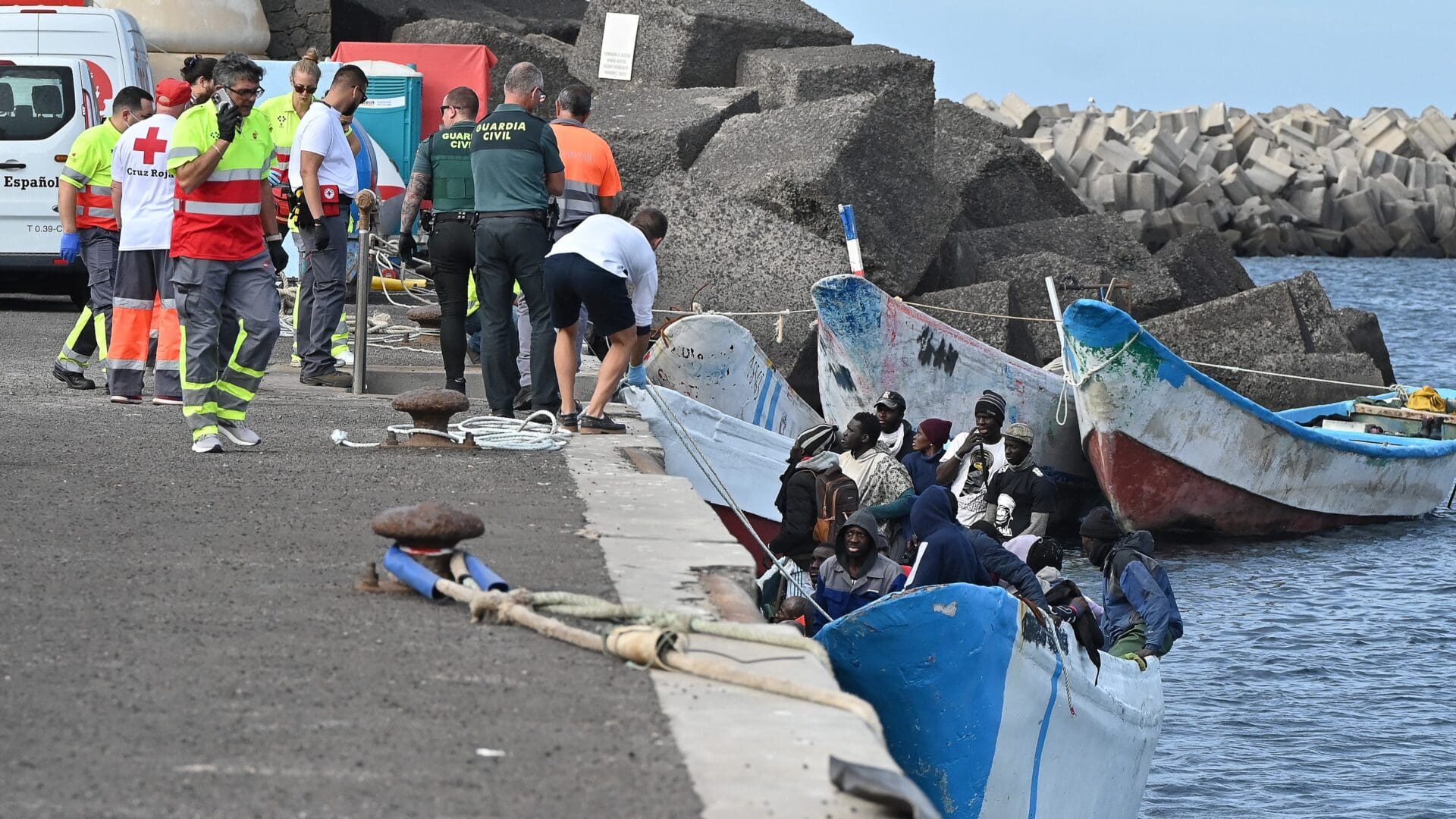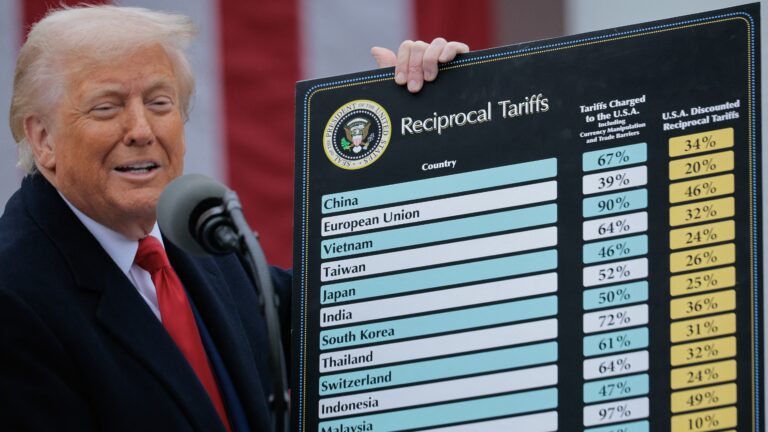In 2006, Spain emerged as a leading European actor in migration diplomacy during the so-called ‘cayucos crisis’, when over 31,000 migrants arrived in the Canary Islands aboard small fishing vessels from West Africa. Spain’s response, which blended diplomatic engagement with countries of origin, intensified border surveillance, and development cooperation, became a benchmark in integrated migration governance. Bilateral agreements with Senegal and Mauritania, coupled with Frontex deployments and investments in economic alternatives, demonstrated Spain’s capacity for innovation and leadership within a European framework.
Yet nearly two decades later, Spain appears increasingly unprepared to manage a renewed wave of migratory pressure. In 2023 alone, over 56,000 migrants arrived by sea, with more than 61,000 arrivals recorded by the end of April 2024. The Canary Islands remain the epicentre, experiencing a 140 per cent year-on-year increase. Despite the scale of this influx, the Spanish government’s response remains institutionally fragmented and reactive, trying to manage a situation instead of anticipating it and benefiting from it. Migration management continues to suffer from a lack of strategic vision, coordination, and national consensus, with ministries operating in isolation and regional tensions exacerbating the crisis.
This lack of cohesion is further highlighted by recent criticism from European Commissioner for Home Affairs and Migration Magnus Brunner, who publicly urged the Spanish government to request additional EU funds and expand the Frontex deployment in the Canary Islands. Brunner also reminded Madrid of its direct legal responsibility—under EU law—for the protection of unaccompanied migrant minors. His intervention coincided with escalating legal and political disputes within Spain, including a Supreme Court ruling condemning the government’s failure to relocate 1,200 asylum-seeking minors currently overcrowded in Canary Islands facilities.
Furthermore, the government’s recent move to file a constitutional complaint against the regional government of Aragón—refusing to comply with the national relocation plan—reflects the growing political instrumentalization of migration policy. Accusations from opposition parties, particularly Vox and the Partido Popular, allege that the central government is weaponizing the relocation of unaccompanied minors to reinforce partisan alliances and undermine conservative-led regions. This polarization has not only paralysed administrative action but also weakened Spain’s credibility within the European Union.
‘Migration flows, especially when unchecked and unmanaged, have increasingly become a vector for instability and criminal exploitation’
Beyond administrative inefficiency, there are growing concerns about the national security implications of Spain’s porous southern border. Migration flows, especially when unchecked and unmanaged, have increasingly become a vector for instability and criminal exploitation. Trafficking networks and transnational organized crime take advantage of institutional gaps, while irregular migration routes can also become entry points for individuals with hostile or extremist affiliations. Spain’s failure to implement a coherent strategy not only undermines social cohesion but also exposes the country—and by extension Europe’s southern frontier—to growing hybrid threats.
In the broader geopolitical context, the phenomenon of weaponized migration has become an established phenomenon. Whether through state-backed pressures—as seen on Europe’s eastern flank—or via asymmetric tactics employed by non-state actors, migratory pressure is increasingly being used to test the resilience of liberal democracies. Spain’s vulnerability, due to both its geography and political disunity, makes it a prime target of countries such as Morocco. Like other Mediterranean countries, such as Greece and Italy, Spain is at risk of becoming the default gateway for irregular migration flows into the EU.
Italy’s ‘Mattei Plan’ for Africa, launched in 2024, represents a model of coordinated and forward-looking engagement. It integrates energy cooperation, security policy, and migration governance under a unified national strategy, aligning long-term development objectives with migration control. Spain would benefit from emulating such an integrated and interministerial approach.
At the same time, Hungary has demonstrated significant strategic foresight and consistency in defending the European Union’s eastern flank from irregular migratory flows. Since the 2015 crisis, Budapest has emphasized the primacy of border sovereignty and national security, implementing robust legal and physical border protections. Hungary was among the first to recognize that mass migration, if unmanaged, can pose not only social and economic challenges but also existential risks to the cultural cohesion, natural identity and the security of nation-states.
‘Hungary was among the first to recognize that mass migration…can pose not only social and economic challenges but also existential risks’
The Hungarian approach, often criticized in Brussels, has proven prescient. By reinforcing its national borders and refusing to accept externally imposed quotas, Hungary has preserved both institutional control and public trust. Moreover, it has consistently framed migration policy as a matter of national interest rather than ideological preference—placing responsibility, order, and long-term stability at the centre of its migration doctrine. Spain, facing increasing vulnerabilities on its southern border, would do well to study the Hungarian experience as a model of principled and effective border governance. It integrates energy cooperation, security policy, and migration governance under a unified national strategy, aligning long-term development objectives with migration control. Spain would benefit from emulating such a well-integrated approach.
Spain’s own shortcomings are evident in the findings of the ‘Designing Migration Strategies’, a recent joint report by the European Migration Network (EMN) and the OECD, which assesses national migration governance across 28 countries. Of these, 25 have adopted comprehensive or thematic migration strategies. Spain, however, stands out for lacking a unified national migration strategy. Instead, it relies on a patchwork of legal instruments—chiefly Law 4/2000 on foreigners’ rights and Royal Decree 220/2022 on asylum reception—and a set of planning documents such as the Strategic Framework for Citizenship and Inclusion against Racism and Xenophobia (2023–2027).
The EMN–OECD report identifies best practices among European states, including robust interministerial coordination, inclusive stakeholder consultations, and the establishment of dedicated implementation bodies. Spain lags behind in these areas. Fragmentation, coupled with political volatility and inadequate data collection on migrant needs, hinders effective policy execution. Furthermore, the burden of implementation rests heavily on regional governments, many of which lack the resources or political willingness to cooperate with the central administration.
Addressing this governance deficit requires a paradigmatic shift in Spain’s approach to migration. The country must adopt a whole-of-government and whole-of-society strategy that unites foreign policy, labour, interior, education, and economic sectors, while fostering sustained engagement from the private sector and civil society. Migration should be re-conceived not merely as a humanitarian or social issue but as a core national interest—where security, sovereignty, and stability must be restored as guiding principles.
‘Migration should be re-conceived…as a core national interest—where security, sovereignty, and stability must be restored’
Yet any such ambition depends on political stability and institutional reform at home. Corruption scandals, executive fragmentation, and inter-ministerial rivalries continue to erode Spain’s credibility both domestically and internationally. Leadership begins with coherence. Spain must establish a state-led, not party-driven, foreign policy that secures its national interests in the medium and long term. Only then can it return to the leadership role it once played—anticipating, not merely reacting to, the challenges and opportunities of migration in the 21st century.
Related articles:







